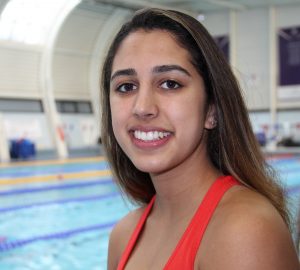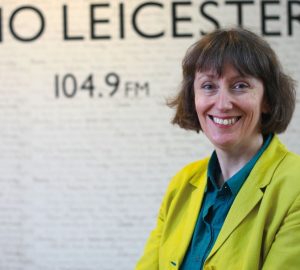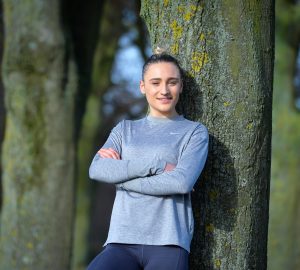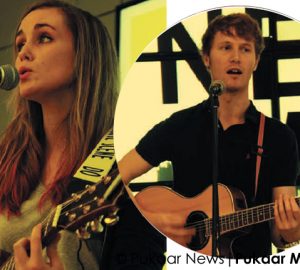Luke Greenbank sits down with Jessica Challoner-Sterland to discuss his incredible achievements, challenges, and what it takes to become a professional swimmer.
Growing up in the North of England in Cockermouth, Cumbria, Luke got into swimming through his dad who was a county-level swimmer. From the age of nine, he trained at Cockermouth Swimming Club under coach Sean Balmer and Eleanor Walsh:
“I guess it just started as a hobby. Swimming is not an easy sport to train for, but I enjoyed going because I had lots of friends there and a lot of them I’m still friends with now, so to have that group around, made it a lot easier.” As a child, he swam a variety of styles but was at the age of 14 that Greenbank transitioned his swimming style from butterfly to backstroke.
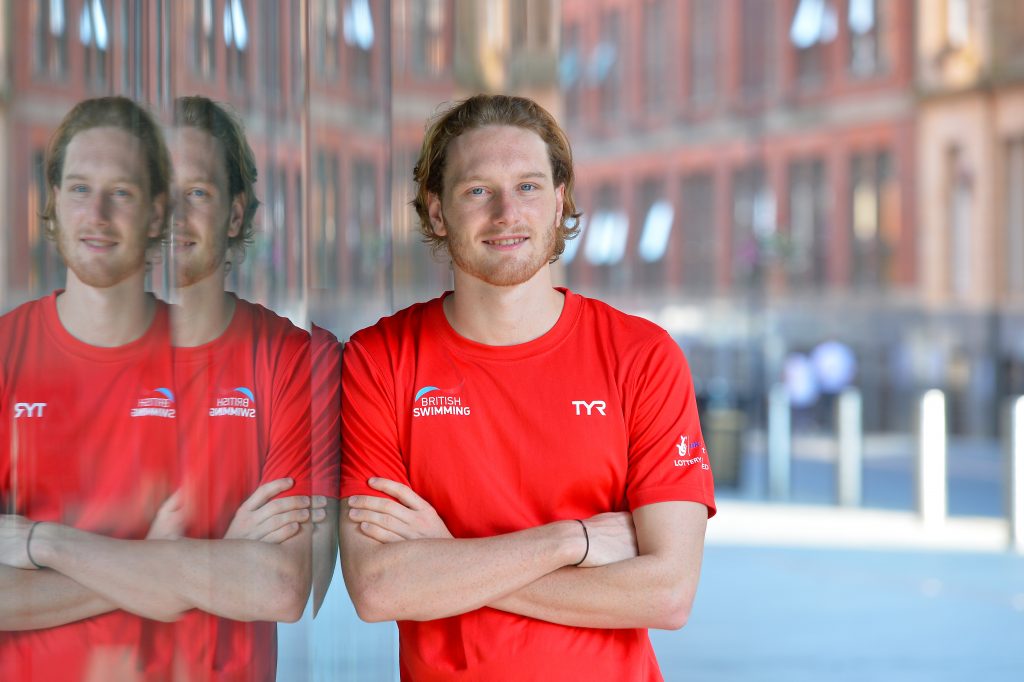
His talent in the pool quickly grew from strength to strength, and his junior run saw him named the ‘third-best young athlete in Europe’ after finishing his 2015 season on a high at the European Games in Baku. He not only bagged double gold in the 100m and 200m backstroke, but also broke the World Junior Record in the latter race in 1:56.89: “I only held the record for like a month and then it got broke again, but that was definitely up there with one of my biggest achievements.” He also followed up his success later on in the games with a silver medal in the 4x100m Medley Relay.
In 2016, the 22-year-old moved to Loughborough to study a degree in sports science and continue his training under the guidance of Mel Marshall at the Loughborough National Centre. Although he glided through junior level, the swimmer openly reveals that the transition from junior to senior wasn’t the smooth transition he had hoped for:
“After Europeans last year, I had a bit of a shocker, where I was way off my times and wasn’t really where I wanted to be. I’ve always loved swimming, so it never really crossed my mind that I was ever going to quit because of those challenges.
“I had such a good junior career and kind of just expected to ease through it into senior level, and it wasn’t like that at all. The second you become complacent is the second you kind of drop off, so it has taken me a few years to get back to where I was, but I’m now probably better than where I was at junior level.”
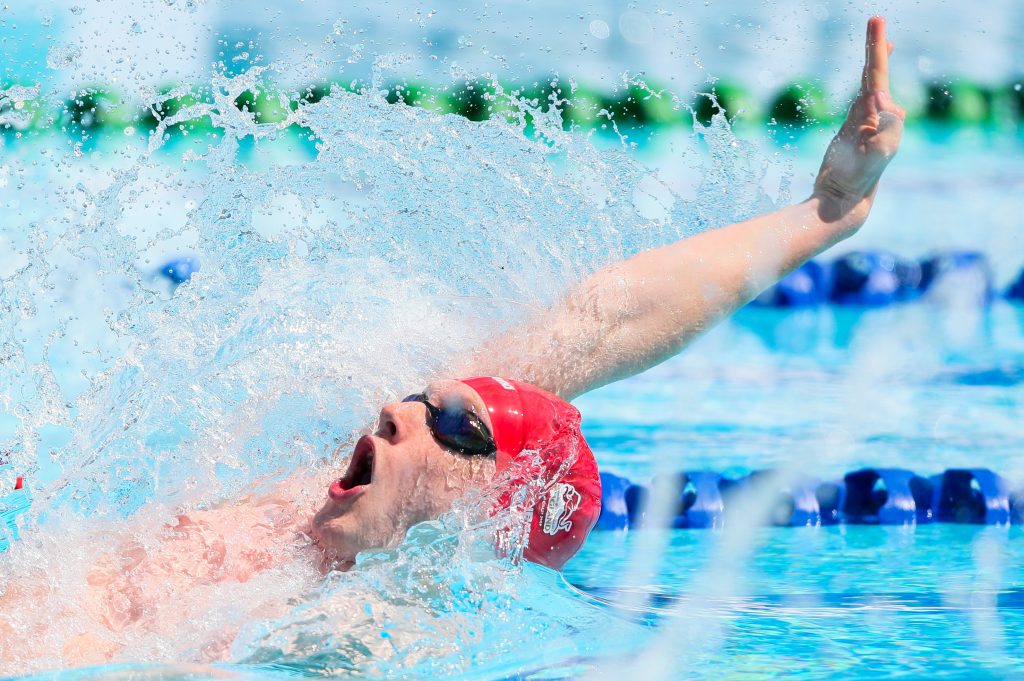
With a driving determination and the support and guidance from Mel and his previous coach Sean Balmer, Luke began to turn things around for the better: “We came back last September and started a new training regime, and it gave me a lot of confidence. I was swimming faster in training, and swimming faster in season races, so to carry that confidence on to World Championships was ideal really, and I got the results from it.”
Speaking of the World Championships, which took place in Gwangju, South Korea back in July, the Loughborough swimmer proved that his hard work and new training programme was paying off. He won a bronze medal in the 200m backstroke and struck gold in the 4x100m Medley Relay as part of team GB who beat America for the top spot: “It was a great experience out there, it was a massive arena, the crowd was huge, and you’re racing the best people in the world, so it was amazing.
“I certainly wasn’t expecting to win an individual medal, but in terms of the relay, there was a possibility of a medal because I had Adam Peaty, James Guy and Duncan Scott behind me and they’ve won medals in that event before, and they did a great job. The team exceeded expectations.”
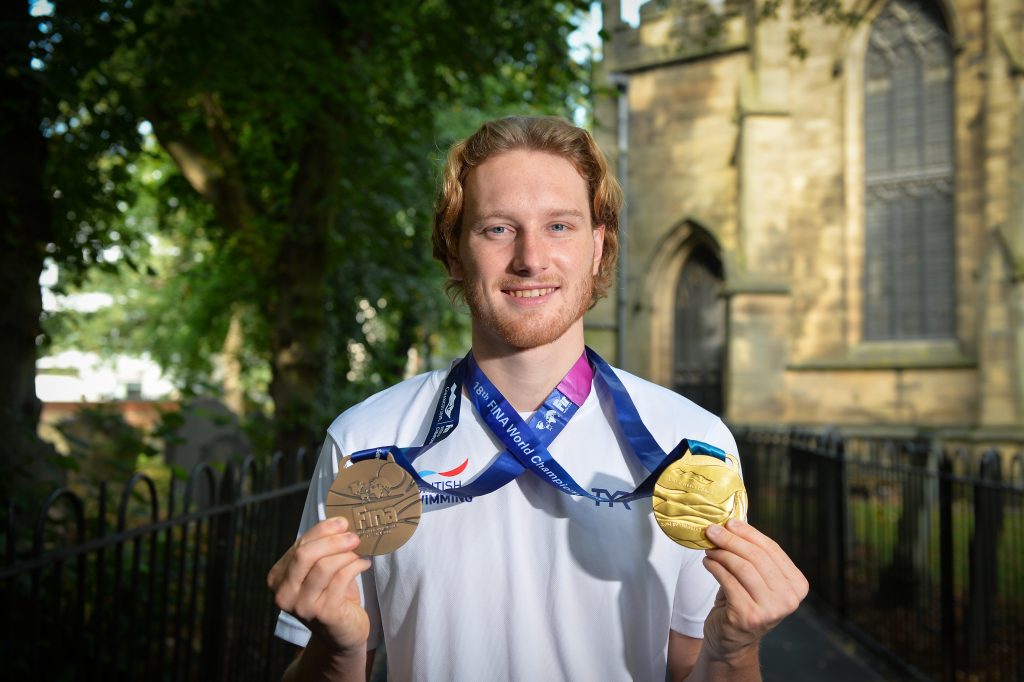
For any professional athlete representing their country, they have the amazing opportunity to travel the globe; Luke shares some of the incredible destinations he’s been fortunate enough to have visited: “A lot of the time when we travel, we just see swimming pools, but I’ve been lucky enough to have been on a few training camps. We go to Flagstaff every year for altitude training, and I did get to see the Grand Canyon, which was pretty cool.
“I’ve been out to the Gold Coast in Australia a few times, twice to a training camp and once for the Commonwealth Games. I’d say the Commonwealth Games was certainly one of my favourite experiences just because it was a big multi-sport event. The weather is nice, and once the swimming is done, you can go out and explore a little.”
As well as the pressures of his studies, Luke also juggles ten swimming sessions and three gym sessions a week, which consists of weight training and core stability: “A normal day for me would be to wake up at 6:45am, be at the pool by 7:30am for half-hour pre-pool, which includes stretching, followed by a two-hour session. Then, I will go straight across to the gym at Powerbase. If I have University that day, I will go there for a couple of hours, or if I have some downtime, I might go home and have a nap, and then I will go back to the pool for 3:30pm pre-pool and then train 4pm-6pm.
“It’s quite intense, especially with University, but I’m kind of used to it now, and I enjoy it. I wouldn’t have it any other way.”
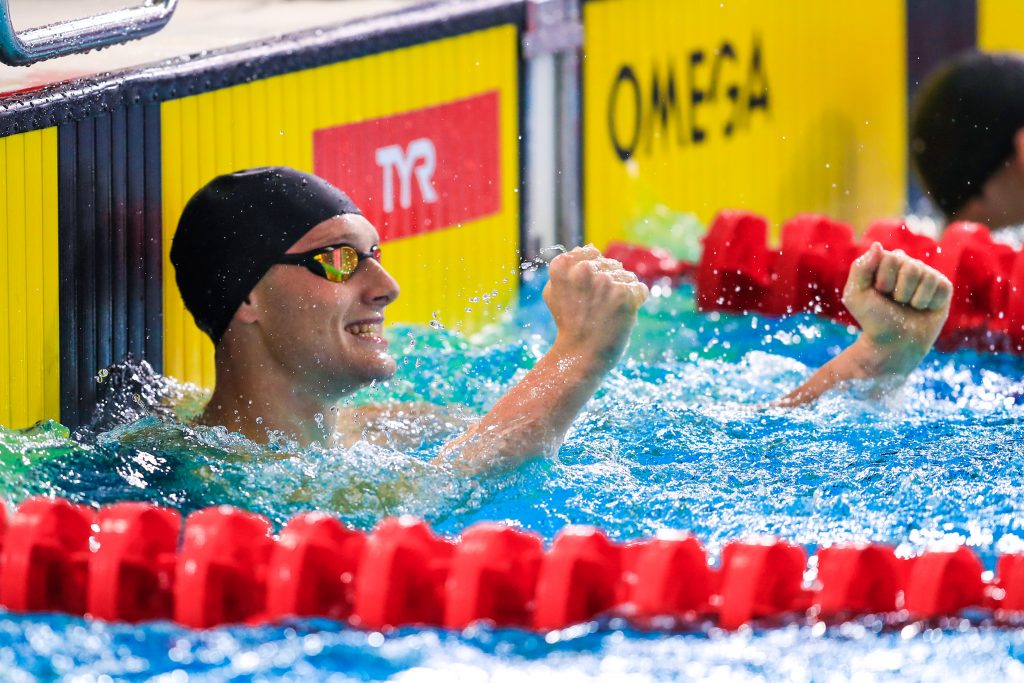
All athletes have goals, and the next big event the British swimmer has his sights set on is Tokyo 2020, which has been his aim for the last four years: “Everything up until now has been leading up to the Olympics. Trials are next April, so I will have to wait until then to find out if I’ve qualified.
“I’m really excited to race and to get back into this season. Although I had a really good World Championships, I came out and realised that there are still improvements to be made, so I just want to get back into training and make those improvements.”
Having learnt a lot over the years’, Luke humbly shares what advice he would give to any aspiring professional swimmer: “My first piece of advice would be to enjoy it because if you don’t enjoy it, there’s no point in doing it. Number two; would be to work on all four strokes because you never know what’s going to happen in regards to development.”



